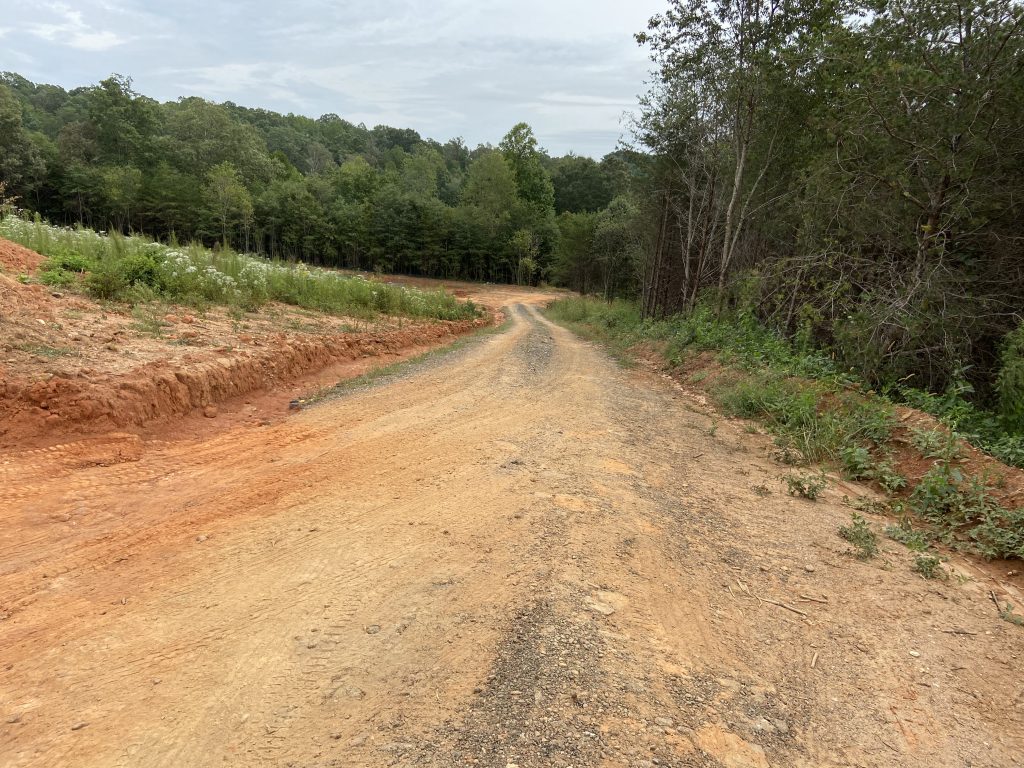
The Essential Guide to Choosing the Right Concrete Mix for Your Project Nov 03, 2025
To start, it's essential to identify the specific requirements of your project. Are you laying a foundation for a new home, building a patio, or constructing a driveway? Each of these projects might require a different type of concrete. For instance, a foundation will typically need a stronger, more durable mix compared to a decorative patio. Understanding your project's unique demands is the first step in making an informed decision.
The next consideration is strength and durability. One of the keywords you'll often encounter is "compressive strength," which refers to the ability of the concrete to withstand loads without crushing. Different projects require different levels of compressive strength. For example, residential projects usually work well with concrete that has a compressive strength ranging from 2,500 to 5,000 psi. Commercial projects, on the other hand, may require even stronger mixes.
Another critical factor to consider is workability. Workability refers to how easily the concrete can be mixed, placed, and finished. For more intricate work, such as decorative concrete surfaces, you might opt for a mix that offers greater workability to ensure a smooth, attractive finish. However, mixes with high workability may be less durable. Thus, it’s essential to find a balance between workability and strength.
The climate also plays a significant role in your choice of concrete mix. In areas with fluctuating temperatures, such as our service locations, concrete needs to be robust enough to endure freeze-thaw cycles without cracking. This might require the incorporation of special additives to enhance its resilience. Furthermore, if your project is in a humid area, a mix that resists moisture penetration is crucial to prevent premature degradation.
Another aspect to consider is the aggregate used in the mix. The size and type of the aggregate can significantly influence the strength, durability, and appearance of the concrete. Fine aggregates like sand are generally used for slimmer concrete slabs, while coarse aggregates are ideal for thicker slabs where strength is a priority.
Lastly, consider consulting with concrete professionals like those at Morales Concrete. We can provide expert recommendations based on our comprehensive analysis of your project's specifications. We also recommend testing a small batch of the proposed concrete mix on-site under actual construction conditions to ensure compatibility and performance.
In conclusion, choosing the right concrete mix is a multifaceted decision that impacts the long-term success of your construction project. By carefully considering factors such as the specific requirements of your project, the desired strength, durability needs, workability, climate conditions, and the type of aggregate, you can make an educated choice. At Morales Concrete, we're committed to helping our clients navigate these considerations to ensure their projects stand the test of time. Don't hesitate to reach out for a consultation or further assistance in selecting the most appropriate concrete mix for your needs.
/filters:no_upscale()/filters:format(webp)/media/923ce814-9d1d-421f-98c7-229ac8cd63f6.jpeg)
/filters:no_upscale()/filters:format(webp)/media/e1944b21-0cb9-4342-a8c3-983d7aa8d3ee.jpeg)